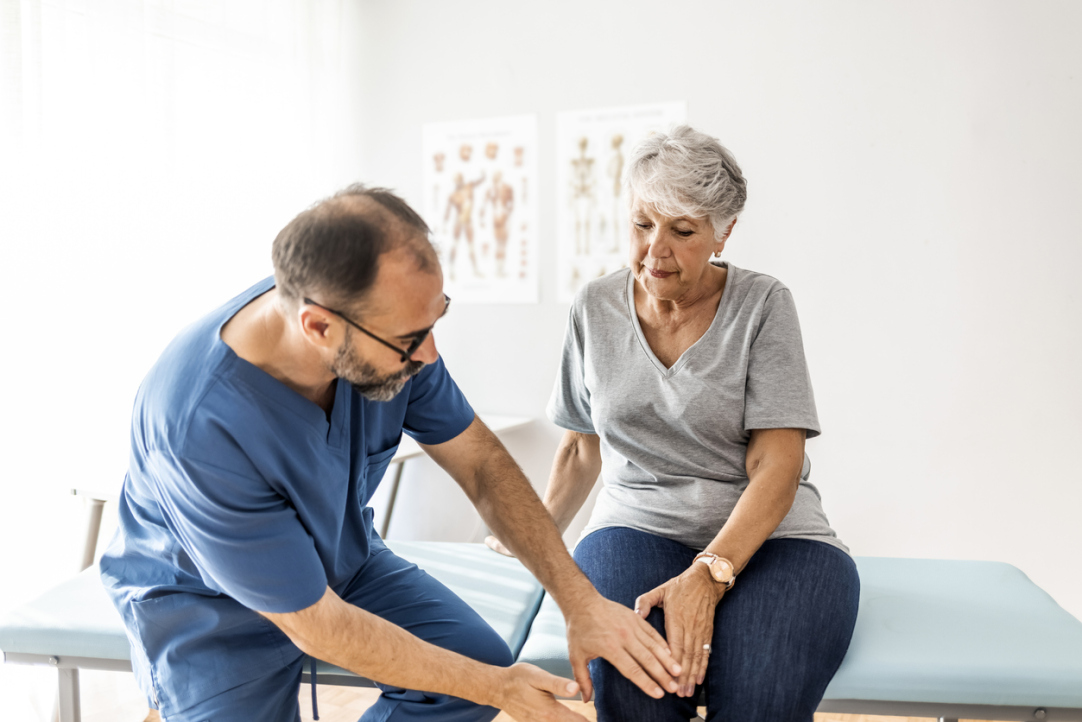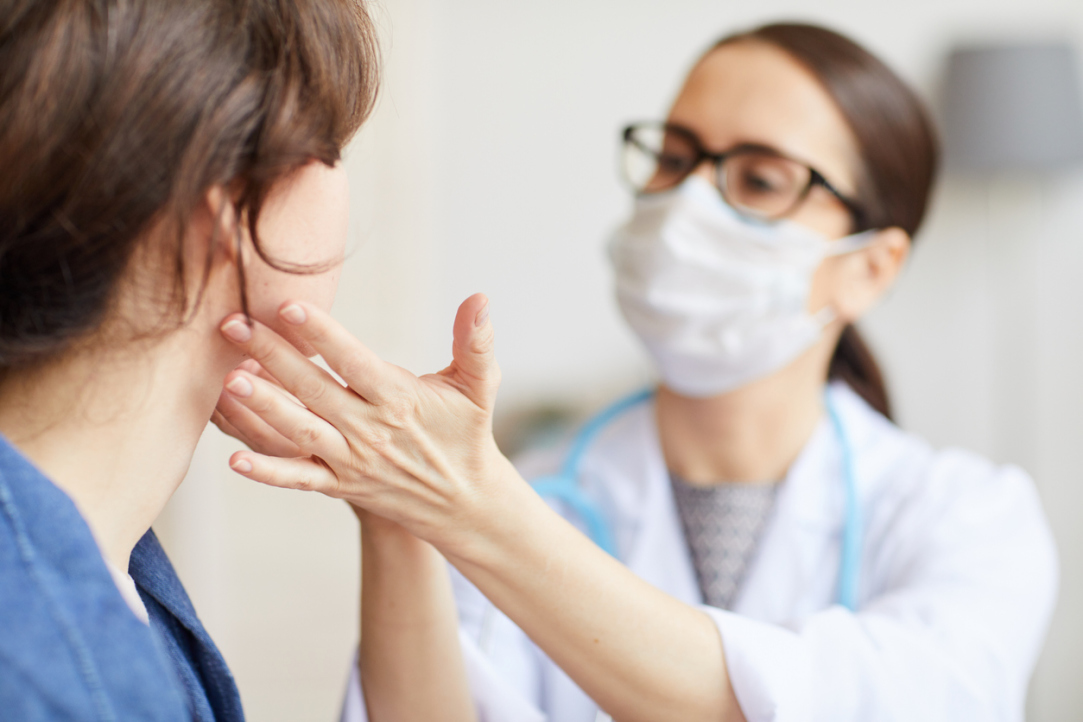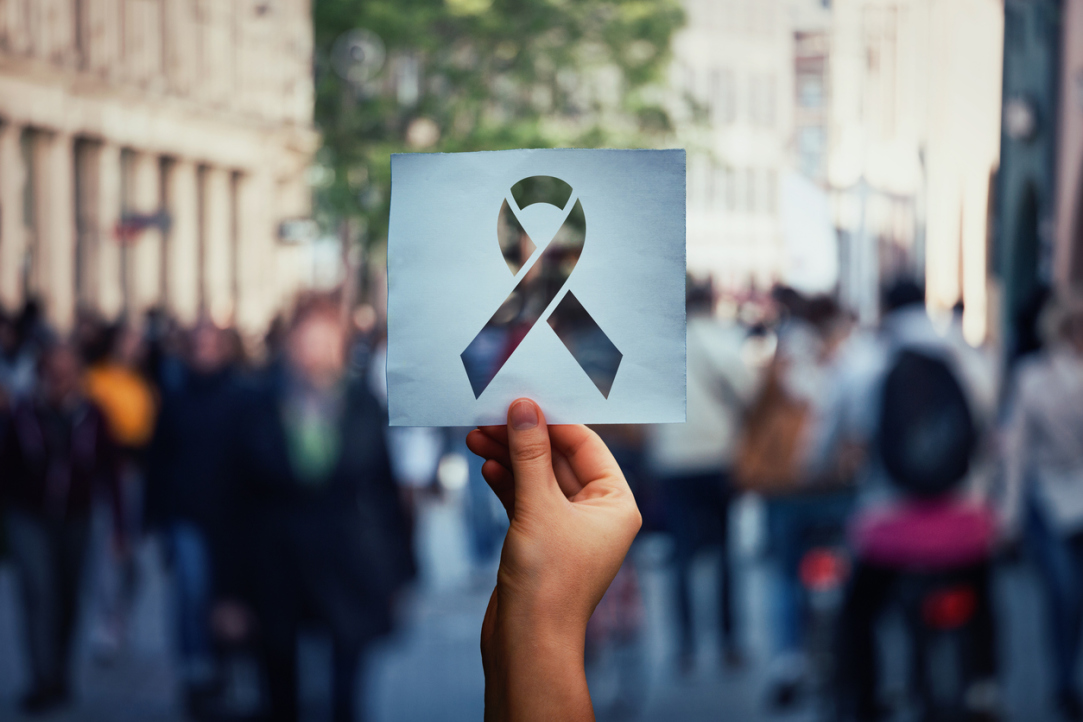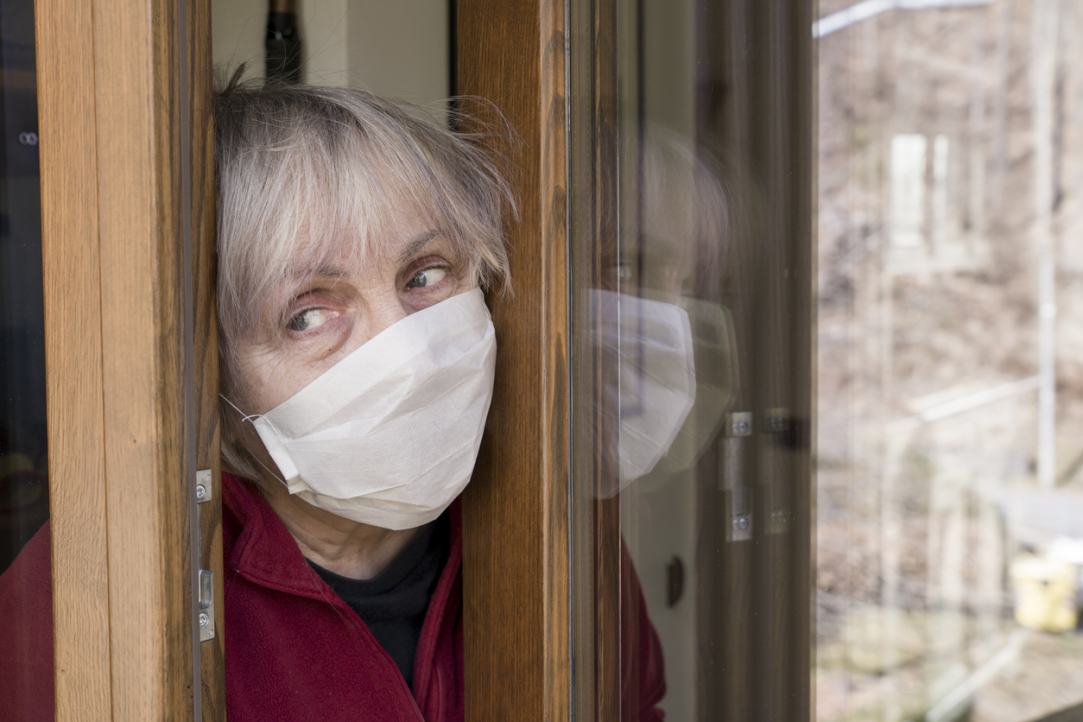
Commitment to a Healthy Lifestyle Varies across Russian Regions
Economists at HSE University have assessed the impact of smoking, alcohol consumption and sports participation on life expectancy in Russia. These factors were found to vary significantly across regions; therefore, efforts to promote healthy lifestyles in each region should take into account local characteristics. The paper has been published in Public Health.

Russian Researchers Discover New Approach to Combatting Osteoarthritis
A team of researchers from HSE University, the Russian Academy of Sciences Zelinsky Institute of Organic Chemistry, and Molecular Technologies, LLC have jointly proposed a new treatment for osteoarthritis. This is currently the first disease-modifying osteoarthritis drug to act simultaneously on bone and cartilage tissue metabolism and on inflammation. The study findings are published in Scientific Reports.

Physical Activity Found to Increase Life Satisfaction in Young Russians
Assistant Professor of the HSE Faculty of Economic Sciences Natalia Khorkina and Master's student in Economics Valeria Gritchina examined the relationship between physical activity and life satisfaction among young Russians aged 16 to 25 to gain a better understanding of the role exercise can play in young adults' subjective well-being. The researchers found that being physically active tends to contribute to a positive outlook on life, but mainly for men.

Big Winners: Very Obese Gamers Perform Better in Long-Term eSports Competitions
Researchers from HSE University and the Norwegian University of Science and Technology compared the performance of eSport gamers of different weight categories. Despite the fact that this study looks at computer games, it touches on the broader issue of including obese individuals in modern work activities that are often associated with computer technology.

Online Platforms Prove to Be Effective in Helping People in Russia Who Use Drugs
The pandemic has increased opportunities to reduce harm resulting from drug use. Against the backdrop of quarantine measures in Russia, an increase in the active development of work through online platforms with people who use drugs has begun. The available results have already demonstrated their effectiveness.

No Illusion, No Fear: How Carcinophobia, Popular Myths and Poor Doctor-patient Communication Hinder the Fight against Cancer in Russia
Cancer is a disease surrounded by myths. Misinformation can lead to disastrous consequences when people wait too long to get screened and learn their diagnosis only at an advanced stage, facing a shortened healthy lifespan and an early death. Therefore, screening for prevention and early diagnosis of cancer should become a routine practice, according to participants of the roundtable 'From Carcinophobia to Oncology Awareness' held by the HSE Project Team 'Oncology and agency deficits: Russians' autonomous self-care practices in the context of a crisis in biomedicine'.

HSE University Researcher Develops Global HIV Prevention Index for Drug Users
People who inject drugs (PWID) are 24 times more likely to be infected with HIV than the rest of the population. Therefore, HIV and AIDS prevention policy among this group should be different. However, the question remains—how effective is it?

Stockholm COVIDians: The Origins and Results of the Swedish Model for Combating the Coronavirus
Sweden is the only country of the European Union that has not taken strict measures against the coronavirus pandemic. The country’s COVID-19 death rate is growing, unemployment is close to record high levels and GDP could fall by 10%. But does this prove that Sweden’s strategy is ineffective? The HSE School of World Economy invited experts to assess its implications for Swedish society.

Meeting Happiness: How Social Activity Affects the Well-being of Europeans over 50 Years Old
The Covid-19 pandemic has severely restricted social contacts for people everywhere, and especially for the elderly. Yet, HSE researchers found that meeting with friends and relatives was one of the key conditions for happiness among Europeans aged 50 and older. In fact, such social contacts were just as important for them as their health, material well-being, or professional fulfilment. The report on the results of the study was prepared for the XXI April International Academic Conference on Economic and Social Development.

Unknown Mortality Rate: Why We Don’t Know the True Scale of COVID-19
Demographers have been thrust to the frontlines of the world’s efforts to evaluate the coronavirus pandemic, but so far without any weapons. Lacking data, they cannot reliably assess the situation. And this is despite the fact that the Internet, it would seem, is flush with statistics. A webinar hosted by the HSE International Laboratory for Population and Health discussed the paradoxes of quantitative approaches to COVID-19. IQ.HSE spoke with webinar participants Vladimir Shkolnikov, Inna Danilova, and Dmitry Jdanov.


Submission deadline: April 6, 2025